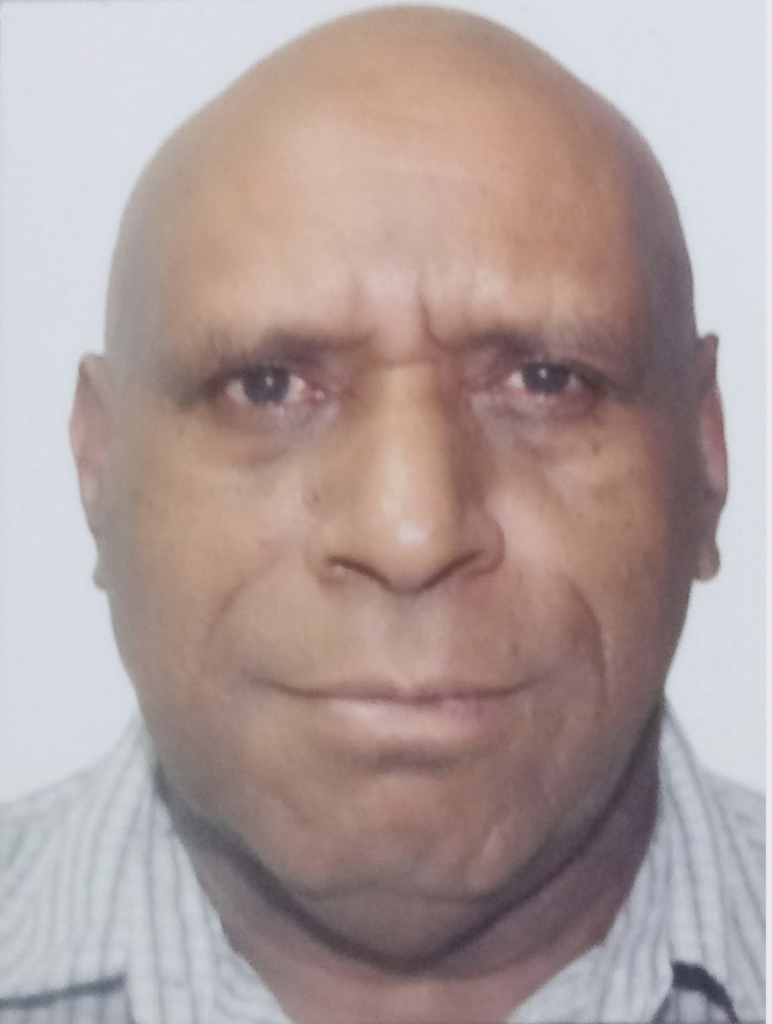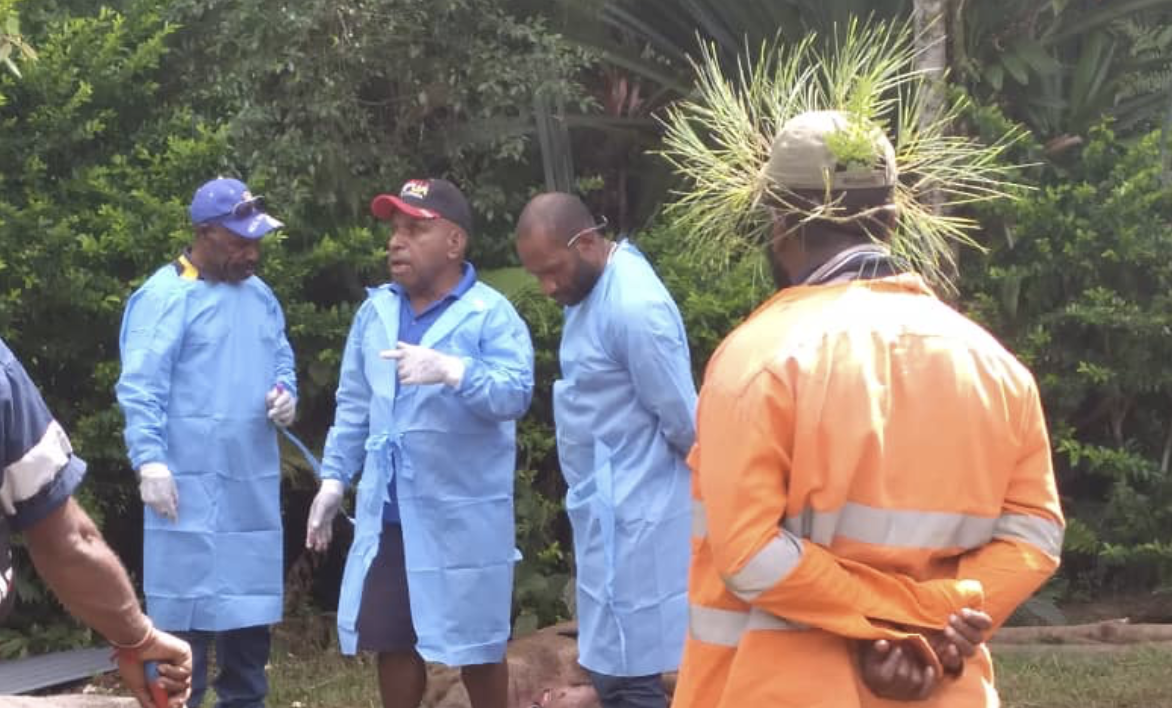Meet Andy Yombo
Epidemiologist, National Agriculture Quarantine Inspection Authority (NAQIA) of PNG
What can you tell us about your work?

I work for the National Agriculture Quarantine Inspection Authority (NAQIA) of PNG as an epidemiologist. The biosecurity and the Veterinary service sections are both housed under NAQIA. Therefore, my role my crosses over into animal health and border control and trade. Tasks I undertake include: risk assessment, disease investigation, animal and animal product trade policy, survey design, and biosecurity risk pathway identification for resource allocation & prioritization. Recently, I filled in as the Chief Quarantine Officer, Animals, including the Office of the Chief Veterinary Officer, where I oversaw animal health policy & strategic planning and management. I was also the WOAH Delegate for PNG.
What is your role in the APCOVE project?
I was the initial PNG project lead during the drafting stages of the project. Then under the APCOVE banner, I contributed to the drafting and development of 3 modules: Conduct a Survey to Estimate Disease Prevalence (C02), Emerging Infectious Disease(E02), and Biosecurity (E04). I was also involved in the identification and selection of PNG candidates for the training, and as the in-country mentor am working closely with PNG trainees undertaking small research projects. I am currently the link between our country specific mentors based abroad (Australia) and the APCOVE Project Management Team based at Sydney University.
Why are you passionate about your work for APCOVE?
Having worked at the strategic level in biosecurity and animal health and trade, I see epidemiology as a key fundamental set of skills for effective border control, enhanced and safe trade and animal/human/environmental health management. Understanding of such skills and also disease patterns, their spread and the risk factors that enable them to spread are crucial to early detection, response and management. APCOVE has provided the opportunity to interact with subject experts, be involved in module development and the subsequent training and then the mentoring of fellow trainees. All of this has increased my understanding of epidemiological concepts and reasoning which is something that I am passionate about.
